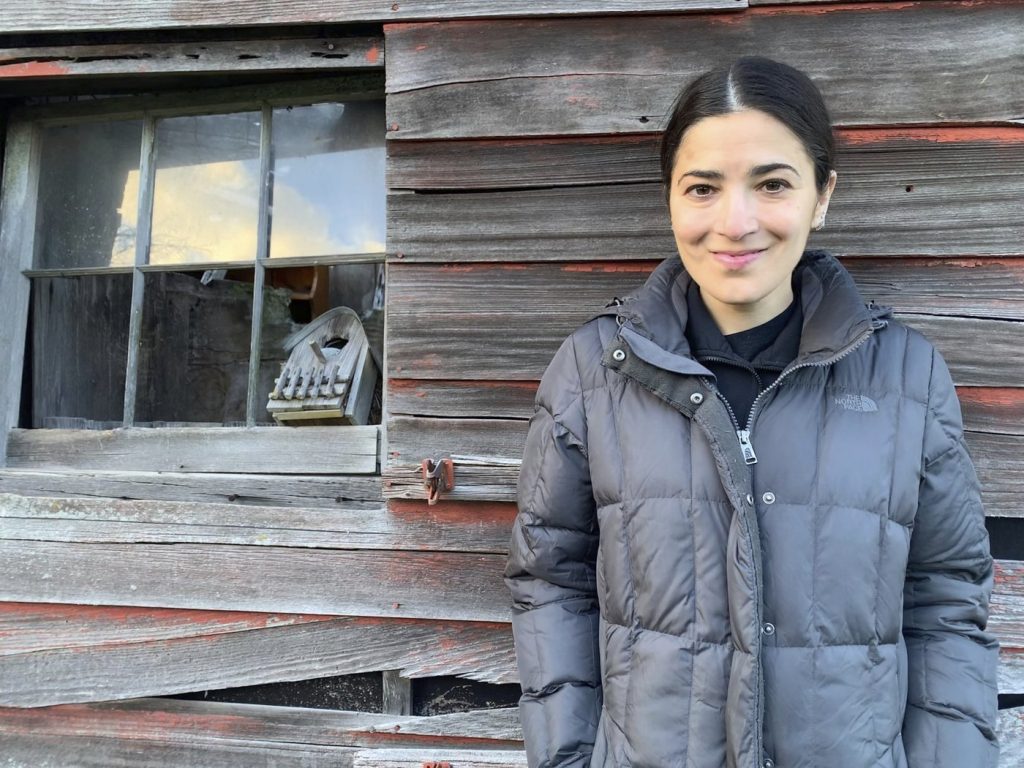Emily Kramer-Golinkoff struggles to breathe due to advanced cystic fibrosis, a genetic condition that afflicts around 40,000 Americans. Her unique case stems from a rare genetic mutation, making her unresponsive to the medications that benefit 90% of cystic fibrosis patients. The rapidly advancing field of genetic science reveals the underlying causes of such diseases, yet individuals with these rare mutations face limited treatment options and diminished prospects. Consequently, many patients like Kramer-Golinkoff are pinning their hopes on experimental gene therapies.
Kramer-Golinkoff, at 40 years old, expresses both joy for those benefiting from new treatments and a deep sense of urgency and despair for herself and others like her who are left behind. This feeling is compounded by market dynamics, as drug companies tend to focus on the most prevalent mutations, sidelining patients with less common variations. Dr. Kiran Musunuru from the University of Pennsylvania describes this phenomenon as “mutational discrimination.”
To help overcome these challenges, charities, including the nonprofit organization Emily's Entourage, co-founded by Kramer-Golinkoff, are actively working to raise funds that could facilitate the development of gene therapies suitable for all cystic fibrosis patients. Despite these promising efforts, such therapies may remain years away from being accessible. Nonetheless, the presence of therapies currently in clinical trials offers a semblance of hope for those affected.
Kramer-Golinkoff was diagnosed with cystic fibrosis at just six weeks old, a condition characterized by the accumulation of thick, sticky mucus in the body. This occurs when the CFTR protein is either absent or incorrectly produced, causing a buildup of chloride in cells, leading to severe complications, especially in the lungs. "CF is a real monster of a disease," she remarks, acknowledging that her health has deteriorated significantly over the years despite her efforts to manage the condition.
Before her illness worsened, Kramer-Golinkoff achieved many personal milestones, such as earning a master’s degree in bioethics and traveling. Unfortunately, as her cystic fibrosis progressed, she developed related complications like diabetes and became more susceptible to infections, resulting in a life of isolation with her parents in Greater Philadelphia during the pandemic.
While some cystic fibrosis patients have benefitted from “CFTR modulator” therapies that effectively target the most common mutations, those with rare mutations lack access to these treatments. Additionally, patients whose mutations are unknown or poorly understood also find themselves at a disadvantage, a situation exacerbated by insufficient genetic testing in underrepresented populations. For instance, research indicates that Black cystic fibrosis patients are more frequently among the 10% of patients who do not respond to available treatments.
Researchers are working on developing “mutation agnostic” gene therapies that could theoretically benefit all cystic fibrosis patients, regardless of their specific mutation. This strategy is part of ongoing trials aimed at delivering a corrected version of the CFTR gene to the target cells. Currently, there are 14 experimental gene therapies in development for cystic fibrosis intended to address any form of the disease, as noted by the Cystic Fibrosis Foundation. One such treatment, partially funded by the foundation, is being trialed by Spirovant Sciences, with the first patient receiving it in November as part of a clinical study at Columbia University.
Though her condition continues to worsen—currently, she operates with only 30% lung function and experiences other health complications—Kramer-Golinkoff expresses growing optimism about the future due to the promise of emerging gene therapies. "We’re incredibly excited about the promise of gene therapies. They can’t come soon enough,” she states, underscoring the urgency felt by patients who are navigating the challenges of their rare conditions.
The Associated Press Health and Science Department receives support from the Howard Hughes Medical Institute's Science and Educational Media Group and the Robert Wood Johnson Foundation. The AP is solely responsible for all content.
Laura Ungar, The Associated Press











